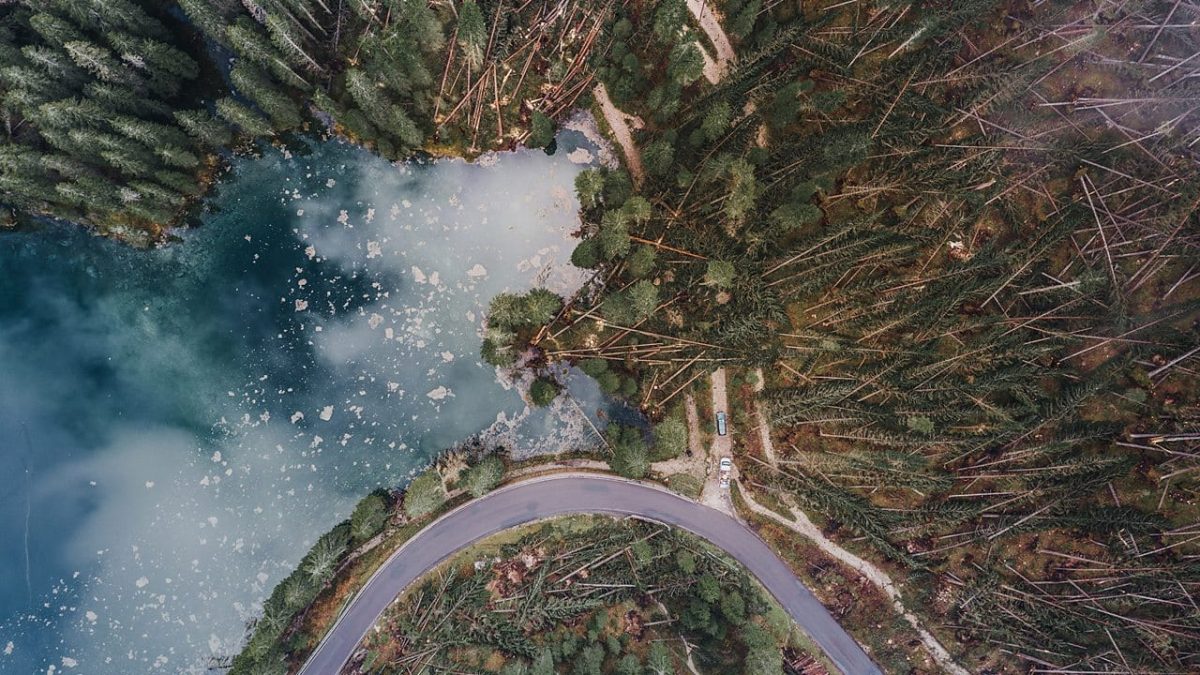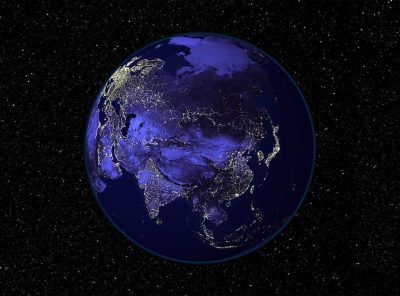COP26 avoid climate catastrophe NOW
Just a few days before COP26 opens in Glasgow, the World Meteorological Organisation reported record greenhouse gas levels, despite a fall in CO2 due to pandemic restrictions.
The UN Environment Programme’s Emissions Gap Report also revealed that current country pledges will only take 7.5% off predicted greenhouse gas emissions by 2030, well below the 55% needed to limit global warming to 1.5C. Worse still, many large emission producers are not on track to meet their countries’ pledges. Rachel Warren, Tyndall Centre for Climate Change Research, tells us the 1.5C limit is still achievable if we work in tandem with nature.
Research by Sara Mikaloff-Fletcher, National Institute of Water and Atmospheric Research (NIWA), illustrates this. Her contribution to the WMO Greenhouse Bulletin revealed that New Zealand’s indigenous forests play a bigger role in absorbing carbon from the atmosphere than previously thought.
Also on the programme, Abinash Mohanty, Council on Energy, Environment and Water, has been mapping climate vulnerability in India and explains why communities should be at the forefront of climate adaptation and mitigation strategies.
And particle physicist Claire Malone shares her insights on how we can help women thrive in science, technology, engineering and mathematics (STEM) fields.
Presenter: Roland Pease Producer: Samara Linton
Picture: Aerial shot at the edge of Lake Carezza showing storm-damaged forest, Dolomites, Italy, Credit: Abstract Aerial Art/Getty Images
The UK will host the 26th UN Climate Change Conference of the Parties (COP26) in Glasgow on 31 October – 12 November 2021.
The COP26 summit will bring parties together to accelerate action towards the goals of the Paris Agreement and the UN Framework Convention on Climate Change.
The UK is committed to working with all countries and joining forces with civil society, companies and people on the frontline of climate change to inspire climate action ahead of COP26.
More from Science in Action – River Wars in Asia
Many countries in Asia share the rivers that start their course high in the Tibetan plateau. But climate change is leading to an increase in water at the source from ice melt, and natural disasters, such as earthquakes and landslides are causing a build-up of the available water by damming and blocking the flow.
And Australia has seen spring temperatures hit new highs. Climate scientist Sarah Perkins – Kirkpatrick says it’s all the more remarkable as weather patterns are currently in a cycle associated with cooler temperatures.





